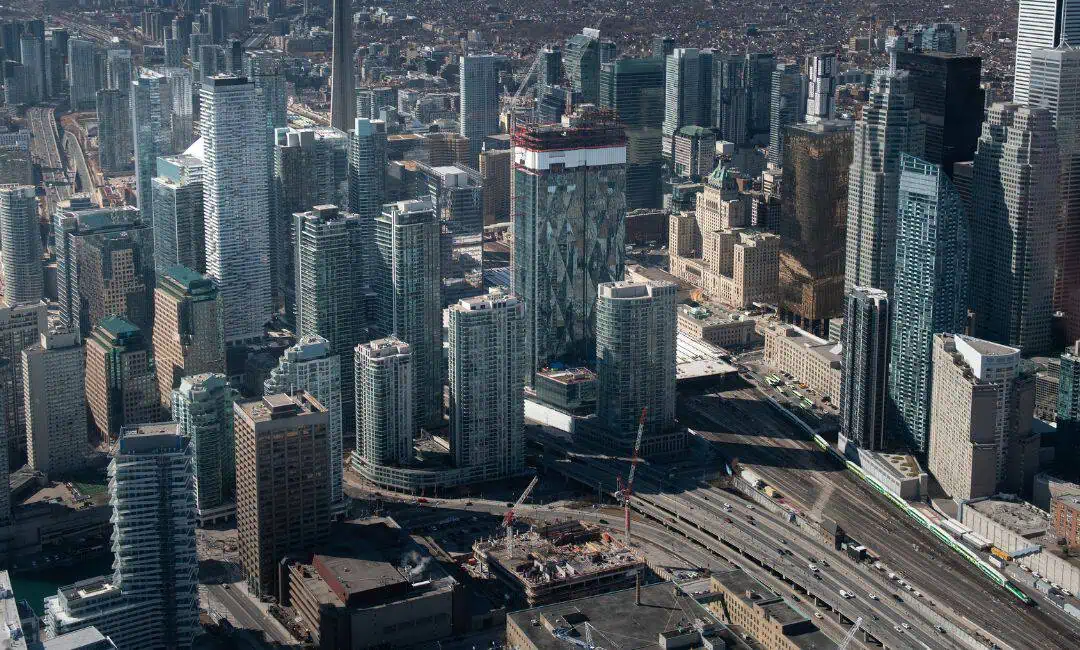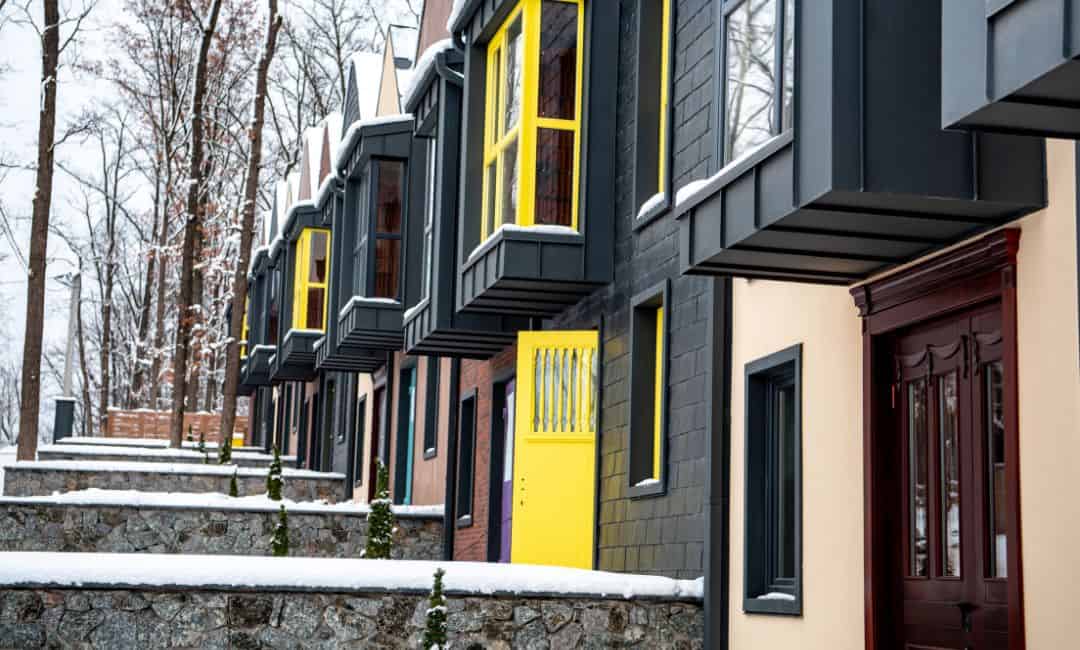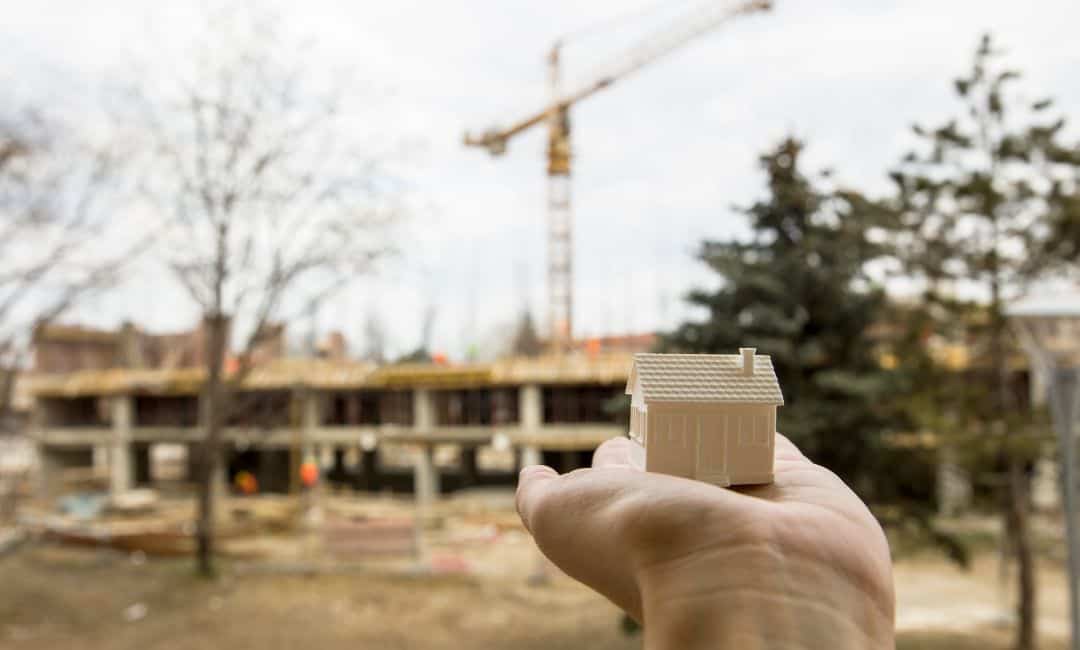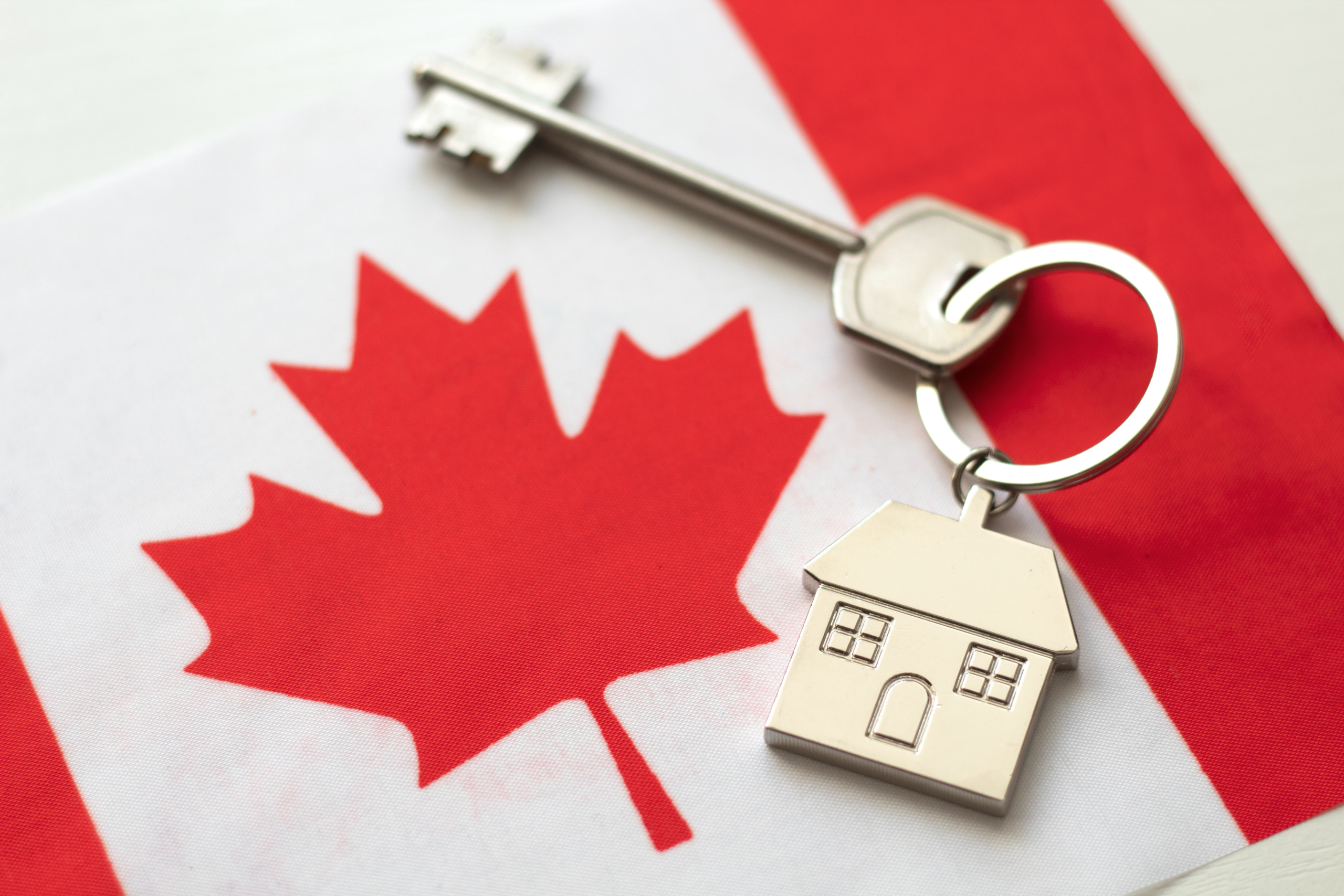Rooming Houses Will Now Be Legal Across Toronto: What You Need to Know
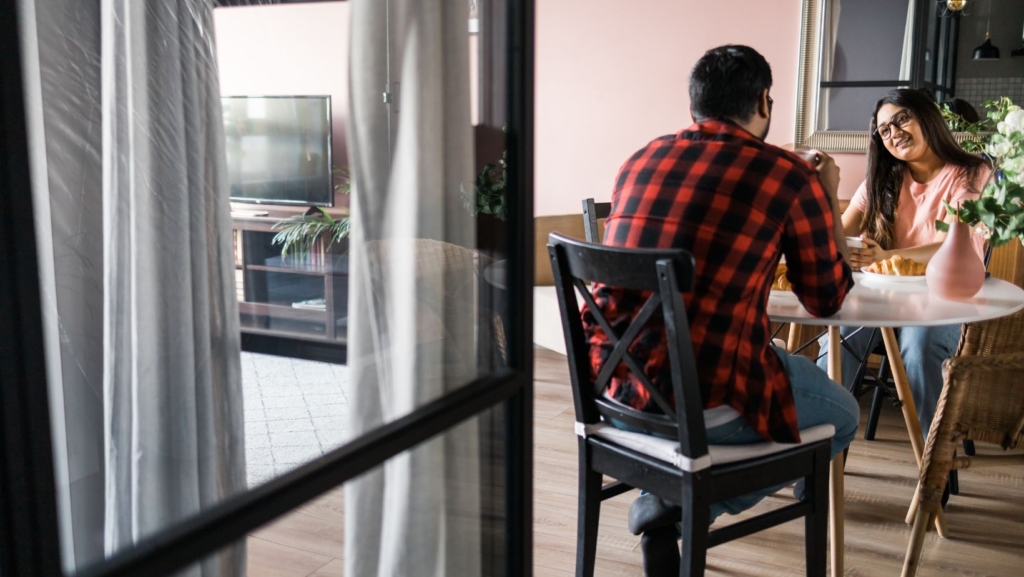
In a move aimed at addressing the city’s affordable housing crisis, rooming houses will now be legal across Toronto.
This significant change comes after years of debate and discussion about the role of rooming houses in the city’s housing market and their impact on residents and neighborhoods.
What are Rooming Houses?
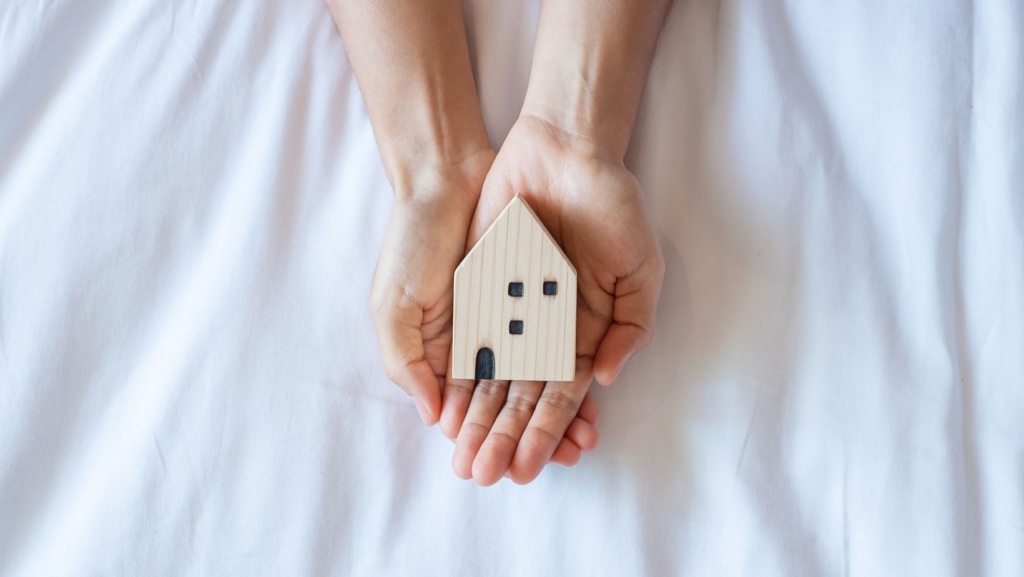
Rooming houses, also called multi-tenant houses or lodging houses, are residential properties where several tenants rent individual rooms. They often share common areas like kitchens and bathrooms.
Rooming houses provide an affordable housing option for low-income individuals and those on fixed incomes who may not be able to afford traditional rental housing.
Why Are Rooming Houses Previously Illegal in Many Parts of Toronto?

For many years, rooming houses were illegal in many parts of Toronto due to zoning bylaws that prohibited them in certain neighborhoods.
The rationale behind these bylaws was to prevent overcrowding, maintain neighborhood character, and address concerns about property standards and tenant safety.
However, the lack of affordable housing options in the city has led to an increase in the number of unregulated rooming houses operating in violation of zoning bylaws.
These illegal rooming houses often pose health and safety risks to tenants, as they may not meet building code requirements or provide adequate living conditions.
The Legalization of Rooming Houses in Toronto

In response to the need for more affordable housing options and the presence of illegal rooming houses in the city. The Toronto City Council decided to legalize rooming houses throughout Toronto in November 2023.
Under the new regulations, rooming will be permitted in all residential areas of the city. It is subject to certain conditions and regulations aimed at ensuring the safety and well-being of tenants and maintaining neighborhood character.
Key Provisions of the New Regulations
The legalization of rooming houses in Toronto comes with a set of regulations designed to address concerns about safety, overcrowding, and neighborhood impact.
Some of the key provisions of the new regulations include especially for first-time home buyer:
1. Licensing Requirements
Rooming house operators will be required to obtain a license from the city to operate legally. Licenses will be subject to annual renewal and will only be issued to operators who meet certain criteria, including compliance with building and fire code requirements.
2. Occupancy Limits
Rooming houses will be subject to occupancy limits to prevent overcrowding and ensure the safety and well-being of tenants.
The number of rooms that can be rented out in a rooming house will be determined based on factors such as the size of the property and the availability of common areas.
3. Building Code Compliance
Rooming houses must meet building code requirements to ensure the property’s safety and habitability. This may include requirements related to fire safety, electrical systems, plumbing, and heating.
4. Property Standards
Rooming houses will also be subject to property standards regulations aimed at ensuring that the property is maintained in a safe and sanitary condition.
This may include requirements related to cleanliness, pest control, and maintenance of common areas.
5. Neighborhood Compatibility
The new regulations also include provisions aimed at ensuring that rooming houses are compatible with the neighborhood’s character. It may include restrictions on the size and appearance of rooming houses and requirements related to parking and landscaping.
Impact on Affordable Housing
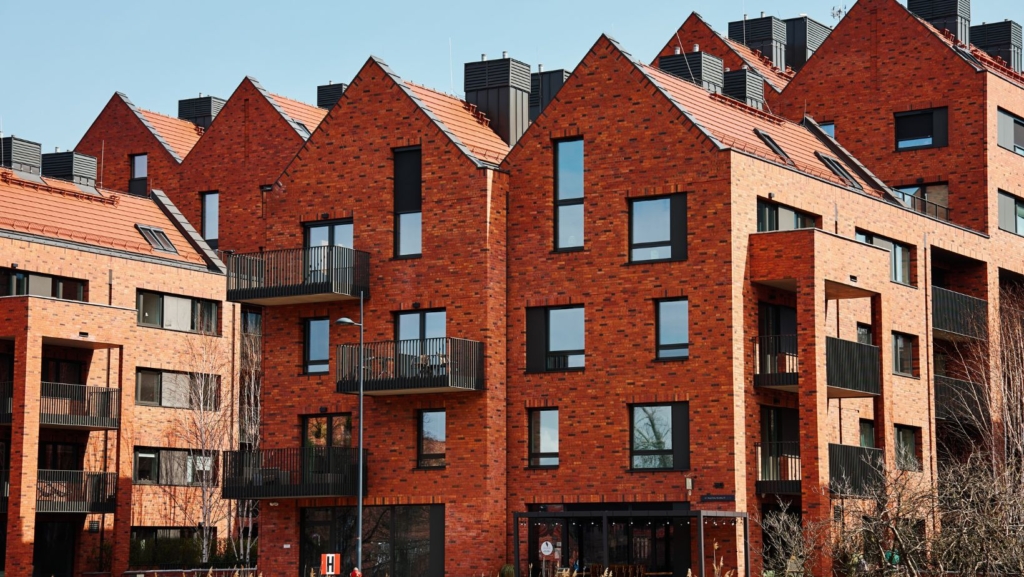
The legalization of rooming houses in Toronto is expected to have a significant impact on the city’s affordable housing crisis.
By providing a legal framework for rooming houses, the city hopes to increase the supply of affordable housing options for low-income individuals and those on fixed incomes.
Rooming houses offer an affordable housing option for people who may not be able to afford traditional rental housing.
By legalizing rooming houses, the city is providing an important safety net for some of its most vulnerable residents.
Challenges and Concerns

While the legalization of rooming houses is seen as a positive step towards addressing the city’s affordable housing crisis, it is not without its challenges and concerns.
Some residents and community groups have raised concerns about the impact of rooming houses on neighborhood character, property values, and quality of life.
There are also concerns about the potential for abuse by unscrupulous landlords who may seek to exploit vulnerable tenants.
The city has sought to address these concerns through the new regulations, which include provisions aimed at ensuring the safety and well-being of tenants and maintaining neighborhood character.
Conclusion
The legalization of rooming houses in Toronto is a significant step towards addressing the city’s affordable housing crisis.
By providing a legal framework for rooming houses, the city hopes to increase the supply of affordable housing options for low-income individuals and those on fixed incomes.
With the right safeguards in place, rooming houses have the potential to provide a much-needed affordable housing option for some of Toronto’s most vulnerable residents.
Apart from that, investing in pre-construction homes in Mississauga offers the opportunity to customize your dream home in a prime location.
With modern features and amenities, these homes provide an affordable and convenient option for homebuyers looking for their perfect place to live.

